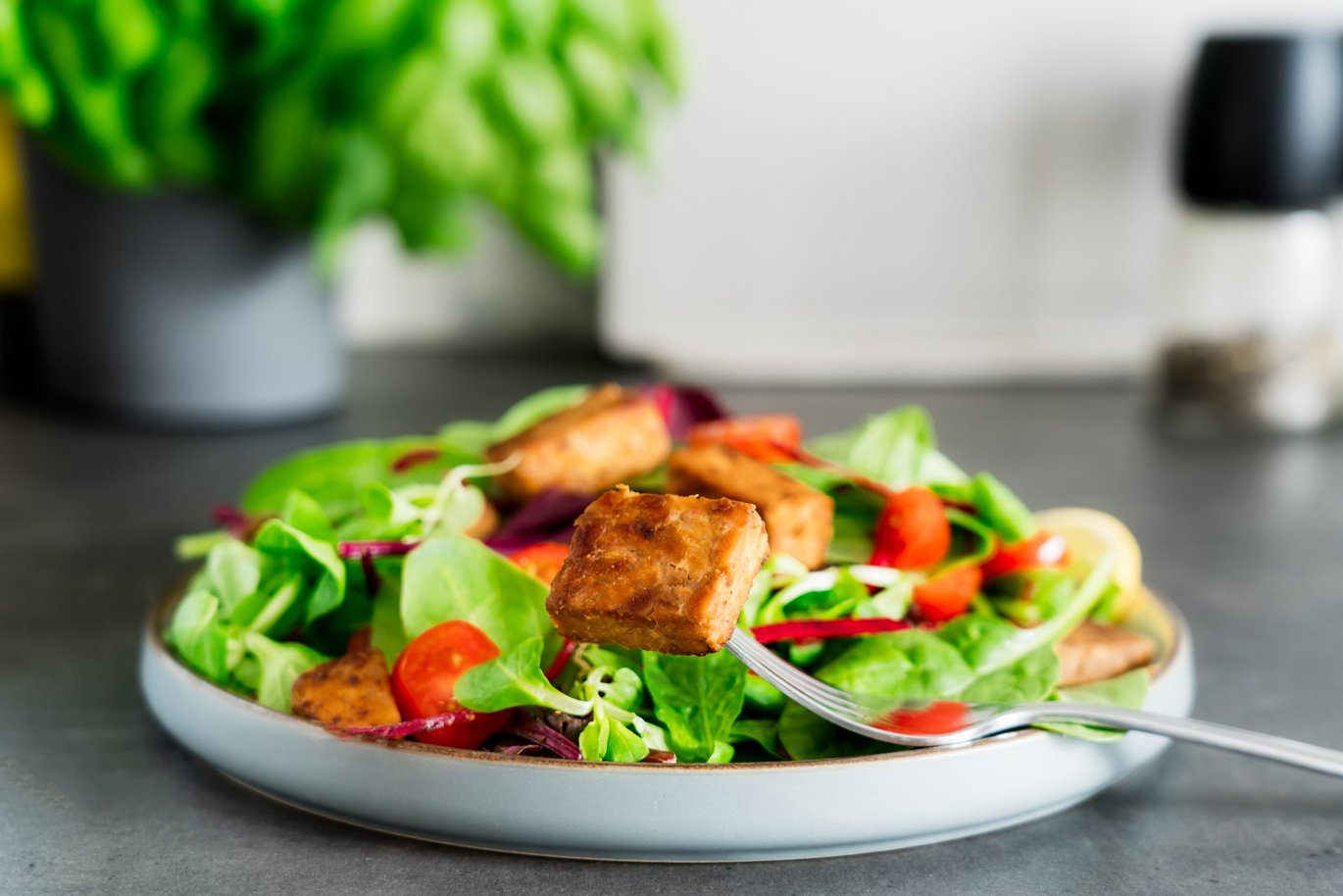New research consortium wants to make protein out of CO₂
In the very near future, we will need to solve two major problems; the climate crisis and the food crisis. A new research project funded by Novo Nordisk Foundation and Bill & Melinda Gates Foundation seeks to contribute to solving both. CORC contributes with substantial research.

[Quote from press release]
In a new consortium, companies and university researchers will create a sustainable source of proteins for human food derived from CO2. The aim is to help fight the rising global problems with food insecurity and greenhouse-gas emissions from agriculture. Novo Nordisk Foundation and Bill & Melinda Gates Foundation are supporting the initiative with up to DKK 200 million (€27 million).
The consortium combines knowledge and expertise from Novozymes A/S and Topsoe A/S, two leading companies within biotechnology and chemical engineering, respectively, Washington University in St. Louis in the US and the Novo Nordisk Foundation CO2 Research Center (CORC) at Aarhus University in Denmark.
The basic idea is to provide a more sustainable way of producing proteins through fermentation – a way of producing food we have been using for millennia.
By using biological and electrochemical processes, the consortium partners will process CO2 and turn it into acetate, which is vinegar – a well-known substance already present in the metabolism of the microorganisms used for fermentation. The acetate can then be used to produce proteins that can be used directly in food for humans.
By creating alternatives to animal proteins, we can reduce the need for meat and dairy production, which puts a significant strain on our natural resources by using land for the animals and growing crops to feed them. In addition, using acetate derived from CO2 directly in the fermentation process will eliminate the need to use sugar, which is a big part of fermentation processes. This will free up substantial agricultural areas currently used for sugar production.
Thus, converting CO2 into acetate and using it to produce proteins for food will enable us to decouple part of our food production from land use and make room for biodiversity. This will be a major contribution to a more sustainable society.
Funding and consortium partners
The two foundations are each funding half of the activities in the consortium.
The Bill & Melinda Gates Foundation is funding activities at:
- Novozymes A/S– a global leader in biosolutions.
- Washington University in St. Louis.
The Novo Nordisk Foundation is funding activities at:
- Topsoe A/S – a global leader in carbon emission reduction technologies.
- The Novo Nordisk Foundation CO2 Research Center (CORC) at Aarhus University.
The total funding budget is up to DKK 200 million (€27 million) and covers a two-year period. If the work in the consortium is successful, it will be possible to continue the support for later stages of the project, where the technologies can be matured even further.
